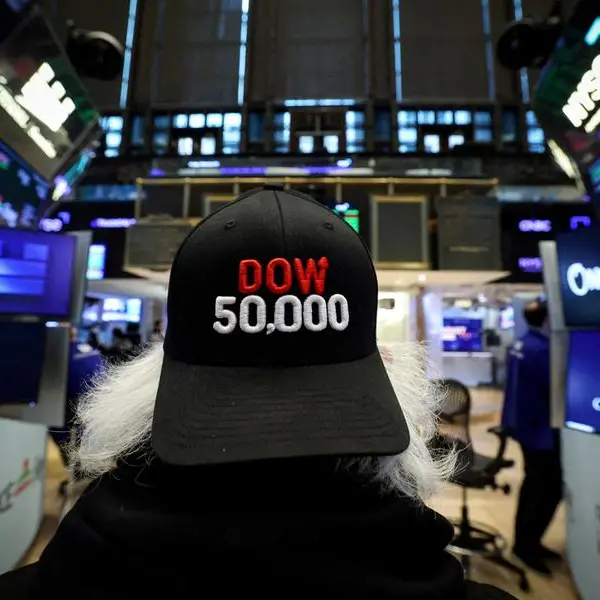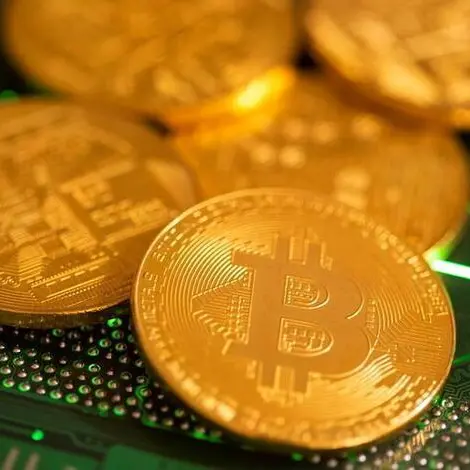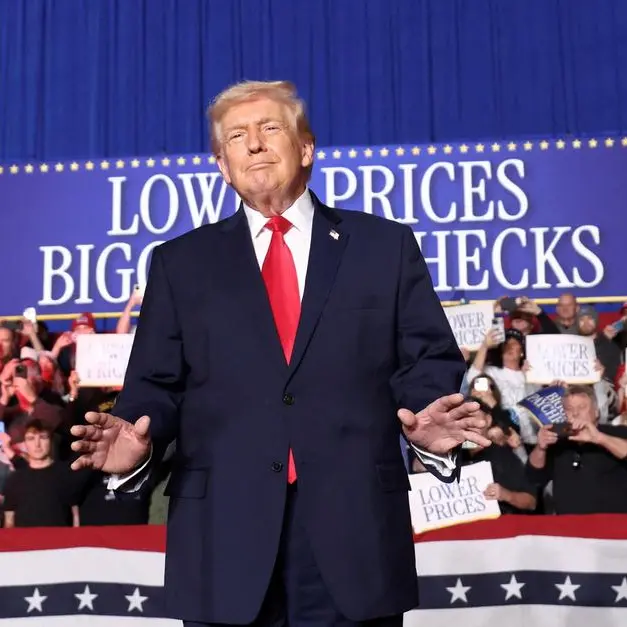PHOTO
(The opinions expressed here are those of the author, a columnist for Reuters)
ORLANDO, Florida - Wall Street's recent rebound from its April lows suggests equity investors are pricing in a benign outlook for the U.S. economy, which contrast starkly with the more ominous signals coming from the oil, gold and fixed income markets. Is this justified confidence, or dangerous complacency?
If you had turned off all communications on April 2 and logged back on today, you would find the S&P 500 roughly unchanged, with no sign of the 15% slump suffered in the days immediately following President Donald Trump's April 2 tariffs announcement.
The S&P 500 has risen nine days in a row through May 2, its best daily winning streak in 21 years. Meanwhile, the "S&P 493" - the broad index excluding the "Magnificent Seven" tech megacaps - is flat for the year to date, also remarkable given the tumult over the past four months.
Contrast that with other markets.
Oil on Friday had its lowest close in four years and is down 25% on a year-on-year basis. While this partly reflects calls for accelerated output hikes by OPEC+, the macroeconomic signals flashing here are pretty clear: weak demand, sluggish growth and disinflation.
Gold, meanwhile, is up 25% this year and still above its "Liberation Day" close, despite drifting down from its recent record high of $3,500 an ounce. While this is not an indication of heightened disinflation fear, it is a sign of elevated fear overall. Bullion's allure as the world's premier safe-haven asset has rarely been stronger.
And what of U.S. Treasuries? The two-year yield has rebounded in recent days but is still 40 basis points lower this year, and rates traders are still anticipating at least three quarter point cuts from the Federal Reserve this year. Both are pricing in meaningful economic slowdown.
COLD SWEATS
Is this simply an example of the old adage that equity investors are paid to be optimistic while bond investors are paid to be pessimistic?
Perhaps, but there is some justification for Wall Street's optimism. It's largely rooted in the view that the economic damage inflicted by tariffs won't be as bad as feared a few weeks ago, partly because the Trump administration has backpedaled in the face of market ructions. In other words, the "Trump put" is back.
Investors also have reason not to be too worried about the 0.3% GDP contraction in the first quarter, as it largely reflects the front-loading of imports, a statistical anomaly that will be quickly reversed.
It was a "gross distorted product", according to Goldman Sachs economists, who anticipate a 2.4% GDP expansion in the second quarter.
Moreover, while "soft" economic data like consumer sentiment indicators continue to flash red, much of the "hard" data, like employment figures, is holding up well.
And even if real growth this year is only 0.5% - Goldman's estimate, which is at the lower end of forecasts - that still implies nominal growth of close to 5%, if inflation tops 4%, as many economists expect.
Importantly, earnings are driven by nominal growth rates. While first quarter earnings are obviously "rear-view mirror" numbers in the context of the trade war, around 74% of the 357 companies in the S&P 500 that have reported so far have beaten analyst estimates, according to LSEG's Tajinder Dhillon. This compares to a long-term average of 67.0%.
And the 12-month forward growth expectations for the S&P 500 are still running at a punchy 10%.
But that's not the whole story. Many firms have slashed forecasts or declined to give any guidance at all.
Even though Trump seems very likely to dial down his initial tariff numbers, the cost of doing international business is still going to rise significantly. Whether that cost is borne more by businesses or consumers remains to be seen, but in the broader context of economic activity and corporate profitability, the effect will be the same.
Tariffs haven't bitten yet, but they will. In an interview with Bloomberg TV on Friday, Gene Seroka, executive director of the Los Angeles port - the biggest in the country - pulled no punches: "CEOs are telling me, 'hit the pause button'. Hiring, off the table for right now. Capital investment, pause. And the retailers are telling me that even 10% (tariffs), 'I'm going to have to pass it on to the consumers'."
Bob Elliott, CEO at Unlimited Funds, reckons equities are priced as if the last month was a "fever dream". The risk is that investors break out in cold sweats in the months ahead.
(The opinions expressed here are those of the author, a columnist for Reuters)
(By Jamie McGeever Editing by David Evans)





















